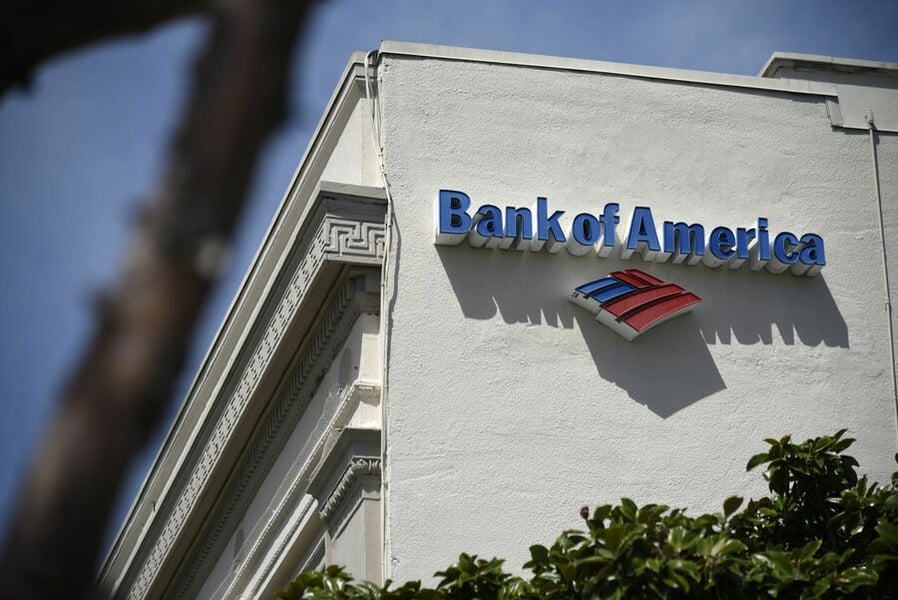

The Consumer Financial Protection Bureau has slugged Bank of America with a huge $250 million settlement over the bank’s "consumer abuses."
The bank was accused of opening accounts without permission, charging unfair overdraft fees and failing to honor credit card benefits.
“Bank of America wrongfully withheld credit card rewards, double-dipped on fees, and opened accounts without consent,” said Rohit Chopra, director of the CFPB. “These practices are illegal and undermine customer trust.”
The bank had a practice of charging $35 for declining a transaction for insufficient funds, and was accused of "double dipping" and charging more than once for the same transaction. Its practice of opening credit card accounts without asking was alleged to have started over a decade ago.
“We voluntarily reduced overdraft fees and eliminated all non-sufficient fund fees [last year]," BofA said in a statement earlier Tuesday, adding that “revenue from these fees has dropped more than 90 per cent.”
Following the large win, the CFPB has an appetite to continue to fine banks. "The CFPB will be putting an end to these practices across the banking system," Chopra continued.
It’s not been a great few weeks for the country’s second largest bank — it delayed a dividend after the Federal Reserve assessed the bank in a stress test exercise last week, and the week before it saw a paper loss of over $100 billion following its decision to pump deposits into debt markets.

Sieg, 58, was head of Merrill Wealth Management, left in 2023 and returned that September to Citigroup, where he worked before being hired by Merrill Lynch in 2009.

Two longtime RIA industry figures have joined the board of directors at TaxStatus, a fintech company that garners thousands of IRS data points on clients to share with advisors for improved financial planning oversight and time savings.

Morningstar's analysis found that the WISH Act would have a positive impact on reducing the shortfall of funds retirees will experience, with the largest impact on single men and women.

History suggests current conditions present an opportunity for investors.

Investors find they are underexposed to names like Nvidia and Microsoft.
Orion's Tom Wilson on delivering coordinated, high-touch service in a world where returns alone no longer set you apart.
Barely a decade old, registered index-linked annuities have quickly surged in popularity, thanks to their unique blend of protection and growth potential—an appealing option for investors looking to chart a steadier course through today's choppy market waters, says Myles Lambert, Brighthouse Financial.
